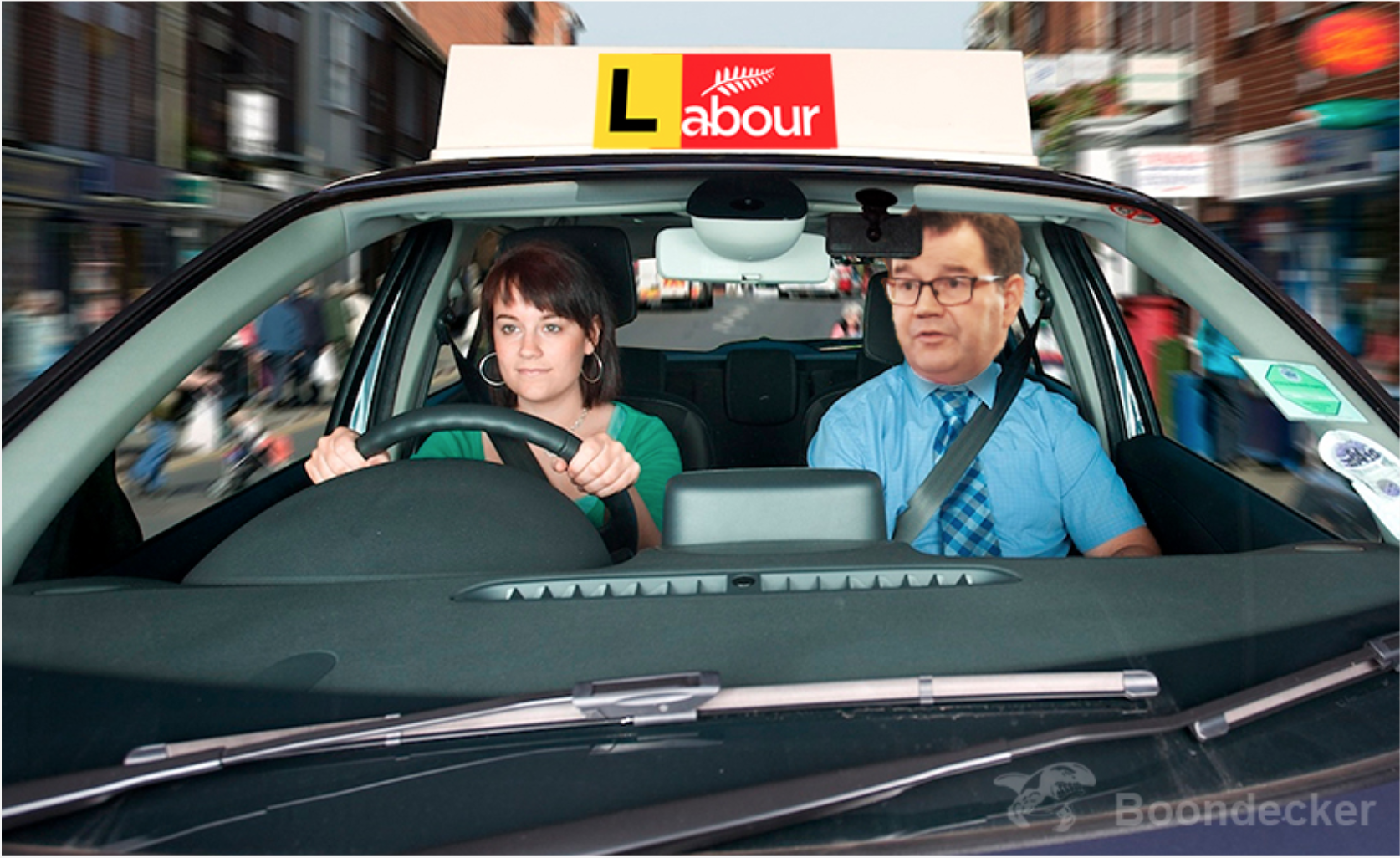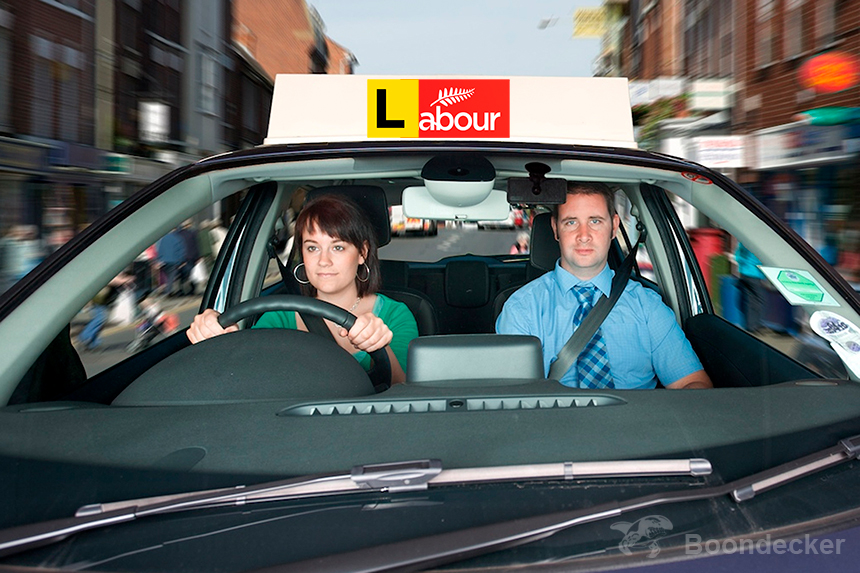Table of Contents

Last week your prime minister announced that sher and her Labour-led coalition partners are keen to part with a bit more of your money in order to help some of the disadvantaged yoofs of New Zealand get driver’s licences.
Their plan is to spend five million dollars starting June 1st to get 2,500 disadvantaged young people onto at least their restricted licence. This is over and above their stated intention of giving free driving lessons and licence tests for all senior high-school students; announced before the 2017 election as part of its School Leavers Toolkit policy which was also announced in the speech from the throne.
According to that policy, every student will be offered five hours of professional driving lessons, a defensive driving course, and free testing for their learners’ and restricted licence before they leave school.
I’m a bit conflicted on this one. On a few of the MoT and police oriented sookbook pages that I follow, I was kind of surprised to see that most of the commenters were quite anti with regard to this announcement . The general consensus being along the lines of…
quote.“If we had to pay for it, so should you, get off your butts and sort yourself out, don’t expect us to hold your hand”End quote.
As a centre-right kind of a guy, I can see the merit in those arguments.
But in my past life I have seen first hand how this sort of policy can work out with very good results. Back when I was a shiny bummed traffic cop in the late ’80s, I was asked to be part of a programme run by a local North Shore based church group that was trying to help their local folk to get licensed.
What we found was that, for some people in that mainly Pacific Islander group, there were indeed many roadblocks in their way. Whether it was a lack of English skills, a lack of funds, the lack of a vehicle, or even just the fact that they had no identification documents, we found that even if only one of these factors were present, then all their plans ground to a halt.
We set up a course of night classes where we encouraged everyone to come along to register, we identified what their particular roadblocks were and overcame them. We made sure that everyone gained the knowledge they needed to pass their learner’s tests, which were conducted at the end of the class. We then set them up with willing participants who would help them pass the actual driving test, many of which I conducted as the testing officer so they were less apprehensive, as they already knew me.
The reason I mention this, is that the programme worked wonders. From memory we had about an 80% success rate but the pass rate for the learner’s phase was 100%. Most of these people had been driving illegally. It just needed a bit of effort from the participants, and a bit of help from those of us who could, and success was just about guaranteed.
So I like the idea of this new policy from Ardern. I’m not sure how five million dollars will only help sort out 2,500 young people as that works out nominally at $2,000 per person and it shouldn’t take that much. I suspect there will be quite a few more bureaucrats employed to manage the scheme. But it does have potential.
I well recall the hugs and tears from grown men once they had passed their learner’s or driving tests, and the thanks from their wives who had been paying the tickets. These things mean an awful lot to people. The sense of achievement for some of them was palpable, they just needed a helping hand. This was a massive deal for the adults in particular as it often meant they could either gain a job or obtain a better position.

But the young people can get just as much from this sort of intervention. I also recall helping a young Maori guy from the North Shore who had been racking up dozens of tickets for driving in contravention of his learner’s licence conditions. He couldn’t believe it when I helped him sit his restricted test. It actually helped turn his life around, all of a sudden, those pressures evaporated and I never pulled him over again. I wish I knew what happened to him as he got older but I hope that a small, easy intervention from me helped steer him to a more productive life.
So I think this policy has merit. But is the government the appropriate body to administer it? Can we trust this government, which can only be described as inept, to actually carry through and do some good? Or will it just be another Kiwibuild? Will it simply be bogged down in bureaucracy and will the five million just be wasted?
In my mind it is certainly a better way to spend our money than confiscating guns from law abiding voters.
But how do you all feel about this type of policy? Does it fit in with your own views on life and politics? If against it, are you aware of another option that might be a good fit for New Zealand, or should the state not be playing in these sort of arenas?






